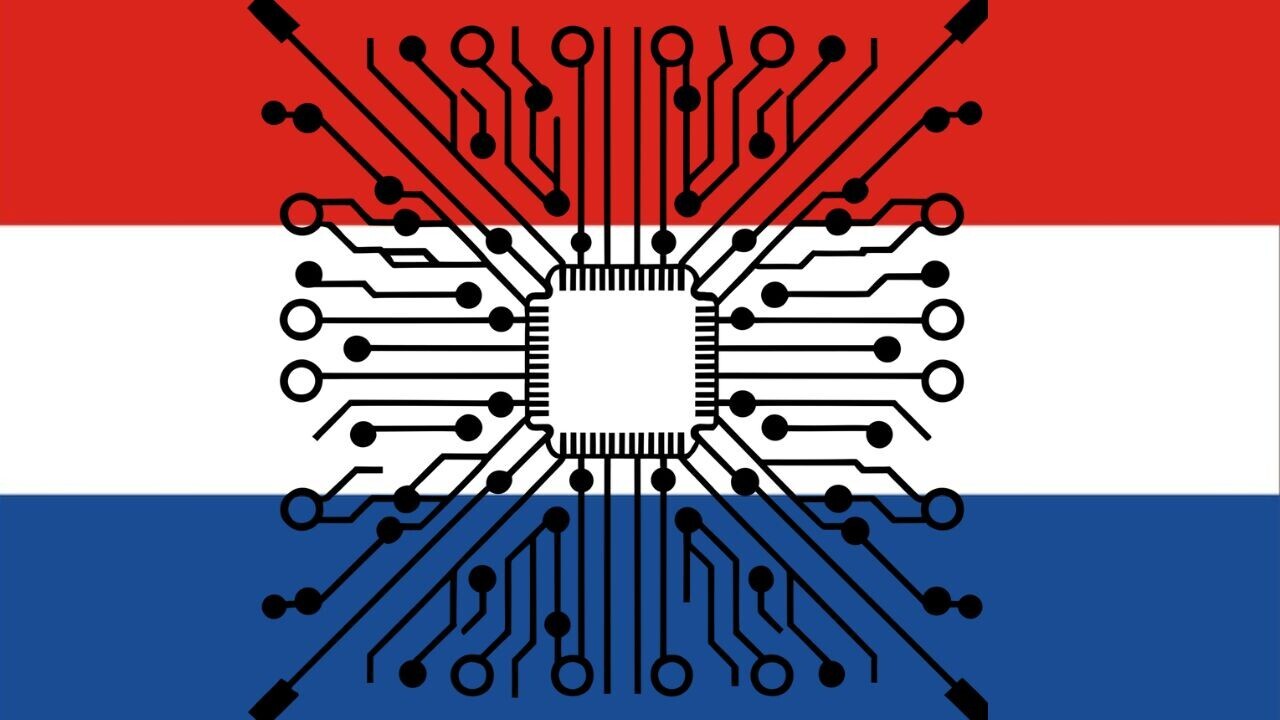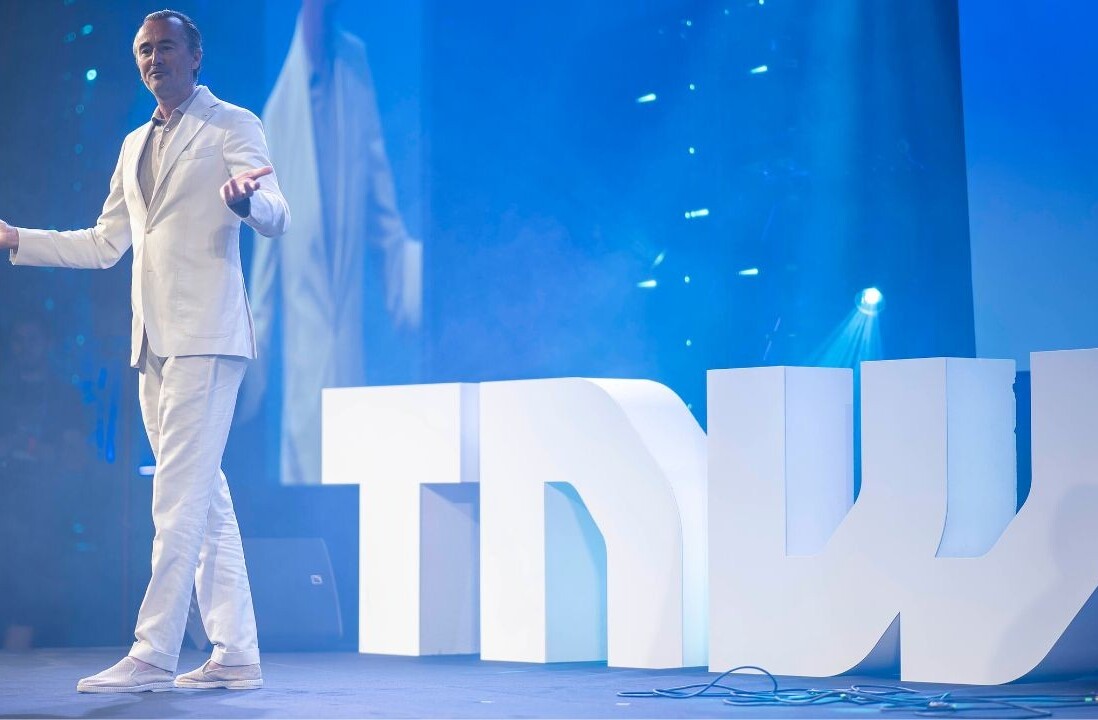
US pressure to block ASML from servicing the chip-making machines it has sold to China is increasing the Netherlands’ entanglement into an escalating geopolitical race for tech supremacy.
Implementing a clear technological and economic decoupling strategy from China, the Biden Administration has introduced a series of thorough export rules aiming to restrict Beijing from obtaining key chip technology.
But as the world’s only manufacturer of equipment for advanced chips, ASML has also been at the epicentre of US efforts to constrain China’s semiconductor industry.
Existing restrictions for ASML
Restrictions on the Veldhoven-based company from selling its most sophisticated machines to China have been in place since 2019. In September 2023, following months of lobbying from the US, the Dutch government also introduced stricter export controls, citing “national security” concerns.
One month later, the Netherlands aligned with Washington’s new export measures, which included ASML’s TWinscan NXT1930Di machine — if it contained any American-made parts.
Meanwhile, in January this year, the Dutch government curbed shipments of two more chip-making machines.
Netherlands in difficult position
Alan Estevez, the US export policy chief, has publicly stated that Washington is urging its allies not only to block shipments of high-end chip-making tools, but also reconsider existing servicing contracts.
For its part, the Netherlands is required to navigate a complex diplomatic and business landscape.
On the one hand, the Dutch government needs to protect the interests of its NATO partners, especially regarding Russia. China’s alliance with Vladimir Putin plays a crucial role.
“It is incredibly important that China understand any victory for Russia [against Ukraine] would pose an immediate threat [to the Netherlands and Europe]”, Mark Rutte, currently acting as interim prime minister, said during a meeting with Chinese President Xi Jinping last week.
Rutte further called on Beijing to establish proactive measures to ensure that important technology — such as ASML’s machines — doesn’t fall into Russian hands.
On the other hand, the Netherlands needs to align with the EU’s de-risking (rather than decoupling) strategy. It also needs to evaluate the potential economic impact both for ASML and the country itself — at a time when the government is striving to keep its crown jewel in its tech ecosystem from moving abroad.
In January ASML said that the Dutch and US measures wouldn’t have a “material impact” on its financial outlook for 2023. However, potential new restrictions would eventually hurt the company’s profits. The maintenance of machines accounts for approximately 20% of the manufacturer’s total revenue, according to estimates.
At the same time, the chip-machine maker is one of the country’s biggest employers and most profitable businesses, reaching a €27.6bn turnover last year.
The Dutch government, Estevez, and ASML are meeting today in what’s expected to be a high-stakes negotiation on servicing contracts with China. While it’s uncertain how the Netherlands will decide to proceed, its response will further shift the pieces on the geopolitical chipboard.
Get the TNW newsletter
Get the most important tech news in your inbox each week.





